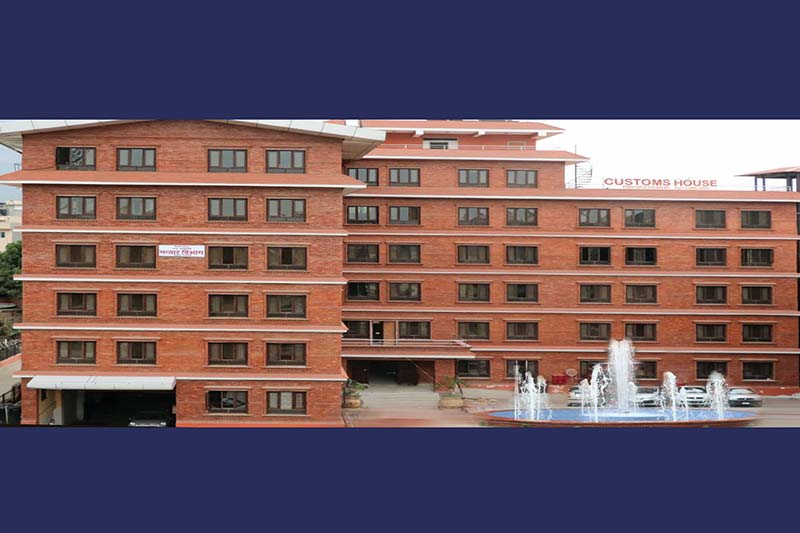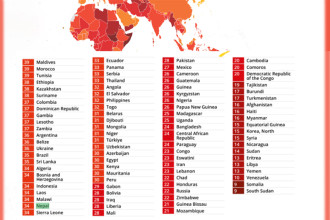
KATHMANDU: Nepal imported 196,045 metric tons of maize seeds of several varieties in the first four months of the current fiscal year beginning on July 16. The import was worth more than Rs 6. 919 billion.
The data suggest that the import of maize seeds is increasing each year in the country, indicating the nation’s dependency on this major product.
Seeds Quality Control Centre’s senior crop development and information officer Prakash Acharya said the three-tier government failed to work collaboratively for the production of hybrid maize seeds at the local and community level.
Before the country switched to federalism, the Nepal Agricultural Research Council (NARC) was responsible for the reproduction of maize seed plants while the production of hybrid seeds was taking place at the private and community level. But now, the production of hybrid seeds at the community level is almost zero and it is due to the lack of coordination and collaboration among the three-level governments.
According to the Department of Customs, the above-mentioned quantity of maize seeds was imported from Argentina, Brazil, India, Canada, South Africa, Turkey and America and the highest import worth more than Rs 62, 5570, 0000 was from India alone.
Maize is the second major crop of Nepal after rice. It is used mainly in hilly areas as it gets featured in the daily meal of hilly people. Maize is popular mainly in the urban life of the hilly region.
Besides, maize can be widely processed into several food varieties like dhindo (typical Nepali food made from maize flour), roti, porridge, and so on. It can be consumed as roasted corn, popcorn and boiled corn as well. Lately, it is being used as animal feed in the country. Nepal annually imports 400,000 metric tons of maize as animal or poultry feeds.
When the dominance of monoculture in maize seeds increases the possibility of displacing the seeds of local varieties, the availability of quality seeds is still the concern of farmers. Findings of various research show that the smooth supply of improved seeds would help increase production. The existing Prime Minister Agriculture Modernisation Project has given priority to maize production. The project was launched in the fiscal year 2074-75 BS.
Maize farming is conducted in around 900,000 hectares of land in Nepal: 11% in high lands, 71% in mid-hills and 18% in the Tarai plains. The annual production of maize is around 2,200,000 metric tons in Nepal.
By RSS
READ ALSO:
Published Date: December 31, 2021, 12:00 am
Post Comment
E-Magazine
RELATED B360 National



-1770713331.jpeg)

